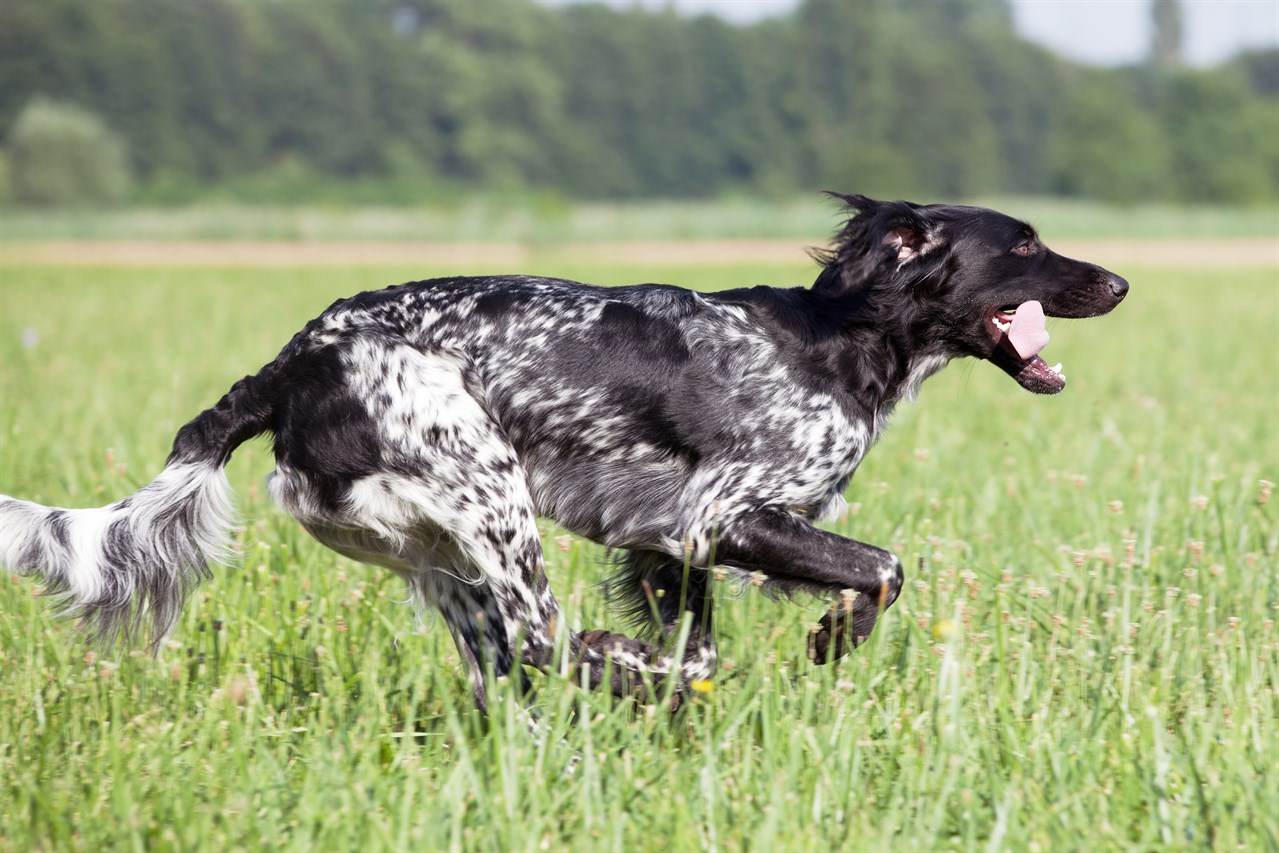Common Health Issues of the Large Munsterlander: Ensuring a Healthy Companion

The Large Munsterlander is generally a healthy breed with a strong constitution. However, like all dog breeds, they are prone to certain health issues that potential owners should be aware of. Responsible breeding practises and regular veterinary care can help minimise the risk of these health problems. Here are some common health issues associated with the Large Munsterlander.
Hip Dysplasia
This hereditary condition involves abnormal development of the hip joint, which can lead to arthritis and lameness. Regular hip evaluations and responsible breeding practises can help reduce the risk.
Elbow Dysplasia
Similar to hip dysplasia, elbow dysplasia is a genetic condition that affects the elbow joint. It can result in pain and lameness and may require surgical intervention.
Progressive Retinal Atrophy (PRA)
PRA is an inherited eye disorder that can lead to gradual vision loss and eventually blindness. Responsible breeders screen for PRA to reduce the risk of passing it on to puppies.
Entropion
This condition involves the rolling inward of the eyelids, leading to irritation and discomfort. Surgical correction may be necessary in severe cases.
Epilepsy
Epilepsy can occur in Large Munsterlanders, leading to seizures. Proper diagnosis and management by a veterinarian are crucial to control the condition.
Ear Infections
Large Munsterlanders are prone to ear infections due to their floppy ears and active lifestyle. Regular ear cleaning and inspection can help prevent and detect infections early.
Bloat (Gastric Torsion)
Bloat is a life-threatening condition that can affect deep-chested breeds like the Large Munsterlander. It involves the twisting of the stomach, leading to a blockage in the digestive tract. Immediate veterinary attention is essential.
Hypothyroidism
This hormonal disorder can lead to weight gain, lethargy, and skin issues. It is treatable with medication prescribed by a veterinarian.
Cataracts
Large Munsterlanders may develop cataracts, which can affect their vision. Regular eye check-ups can help detect and manage this condition.
What are the health problems with the Munsterlander dog?
The Munsterlander, including both the Large and Small Munsterlander, shares some common health problems, primarily those associated with certain genetic predispositions and the breed's physique. These health issues include hip dysplasia, elbow dysplasia, progressive retinal atrophy (PRA), entropion, epilepsy, ear infections, bloat (gastric torsion), hypothyroidism, and cataracts.
It's important to note that responsible breeding practises that prioritise health screenings and genetic diversity can help reduce the risk of these hereditary conditions. Regular veterinary check-ups, a balanced diet, and an active lifestyle can also contribute to the overall health and well-being of your Munsterlander dog.
Large Munsterlander puppies for sale
- Find Large Munsterlander puppies for sale in ACT
- Find Large Munsterlander puppies for sale in NSW
- Find Large Munsterlander puppies for sale in NT
- Find Large Munsterlander puppies for sale in QLD
- Find Large Munsterlander puppies for sale in SA
- Find Large Munsterlander puppies for sale in TAS
- Find Large Munsterlander puppies for sale in VIC
- Find Large Munsterlander puppies for sale in WA